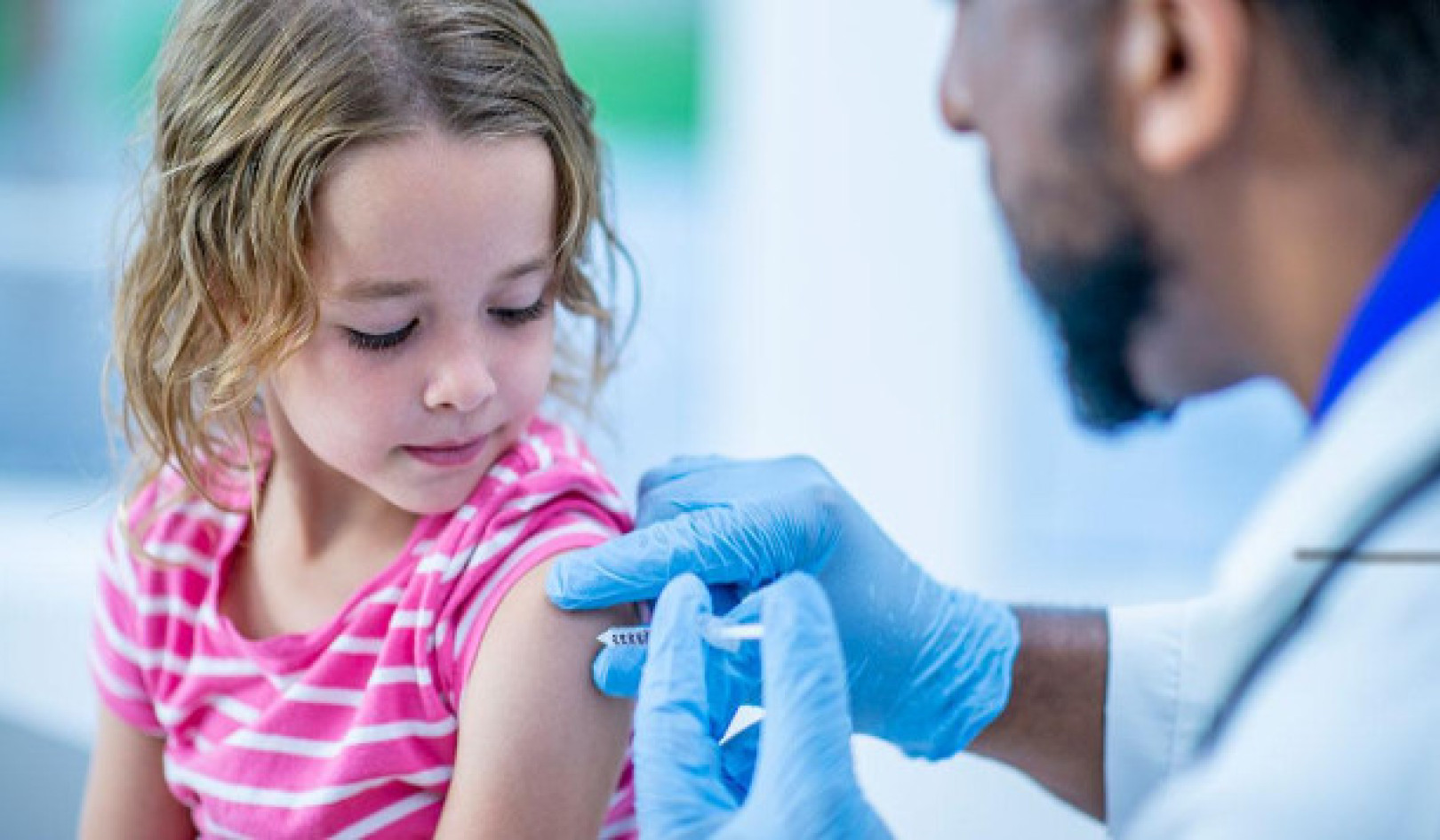
Scientists in the US have found that a feel-good exercise hormone called irisin does indeed exists in humans, putting to bed long-disputed claims that it is a myth.
The research team, led by Bruce Spiegelman from the Dana-Farber Cancer Institute, used mass spectrometry to look for irisin in blood samples of individuals after exercise, finding that these people had released the exercise hormone from their body, which activates fat cells to increase energy turn over.
The research was published today in the journal Cell Metabolism.
“Concentrations are present in sedentary individuals and are significantly increased in individuals undergoing aerobic interval training,” the researchers said in the paper.
“We therefore also confirm our earlier report of irisin being regulated by endurance exercise in humans.”
Working Out, Feeling Good
Irisin received a lot of attention recently because of divisions in the scientific community about whether or not it actually existed.
Irisin’s discovery in 2012 was exciting because scientists had potentially found one reason why exercise keeps us healthy.
When irisin levels were increased in mice, their blood and metabolism improved. Results from human studies are still mixed as to what kinds of exercise raise irisin, but data suggest that high-intensity training protocols are particularly effective.
Professor Mark Febbraio, Head of the Cellular and Molecular Metabolism Laboratory and Head of the Diabetes and Metabolism Division at the Garvan Institute for Medical Research, said that the form of mass spectrometry used in the new study was far more accurate and reliable in measuring irisin.
“Using state-of-the-art technology, the researchers have proven beyond doubt that irisin is real. It settles the argument,“ said Professor Febbraio, who was not involved in the research.
Previous studies using commercially available kits called “ELISA” kits detected the presence of irisin, by recognising an antigen, in samples, which could produce inconsistent results with irisin, he said.
A Pathway To Benefits For Other Ailments
Febbraio said confirming the existence of irisin is a step towards potentially developing therapeutics that could benefit individuals with metabolic disease and obesity.
“There is a possibility they could make drugs that target the pathways that are activated by irisin” to produce similar affects of exercise on maintaining body weight, particularly for those who can’t exercise, he said.
However, he is sceptical about irisin being turned into a miracle injection, saying such a product would be “somewhat simplistic and fanciful”.
At this stage further studies are necessary to fully understand how the hormone works in humans, specifically how it relates to brown and beige fat tissue and energy use but it is an important breakthrough.
“It is basically another example that exercise can have multiple benefits to general health and wellbeing,” said Febbraio.
Dr Paul Lee, a research officer at the Garvan Institute who specialises in endocrinology, described the finding as “a remarkable step forward.”
“The study shows that irisin circulates in humans and it increases after exercise. What awaits exploration in future studies is the biological function of irisin in humans,” he said.
About The Author
Eliza Berlage is Editor at The Conversation
Interviewed
Mark Febbraio: Head of the Cellular and Molecular Metabolism Laboratory and Head of the Diabetes and Metabolism Division at Garvan Institute. Paul Lee: Research Officer at Garvan Institute
This article was originally published on The Conversation. Read the original article.
Related Book:
at

Thanks for visiting InnerSelf.com, where there are 20,000+ life-altering articles promoting "New Attitudes and New Possibilities." All articles are translated into 30+ languages. Subscribe to InnerSelf Magazine, published weekly, and Marie T Russell's Daily Inspiration. InnerSelf Magazine has been published since 1985.

Thanks for visiting InnerSelf.com, where there are 20,000+ life-altering articles promoting "New Attitudes and New Possibilities." All articles are translated into 30+ languages. Subscribe to InnerSelf Magazine, published weekly, and Marie T Russell's Daily Inspiration. InnerSelf Magazine has been published since 1985.























